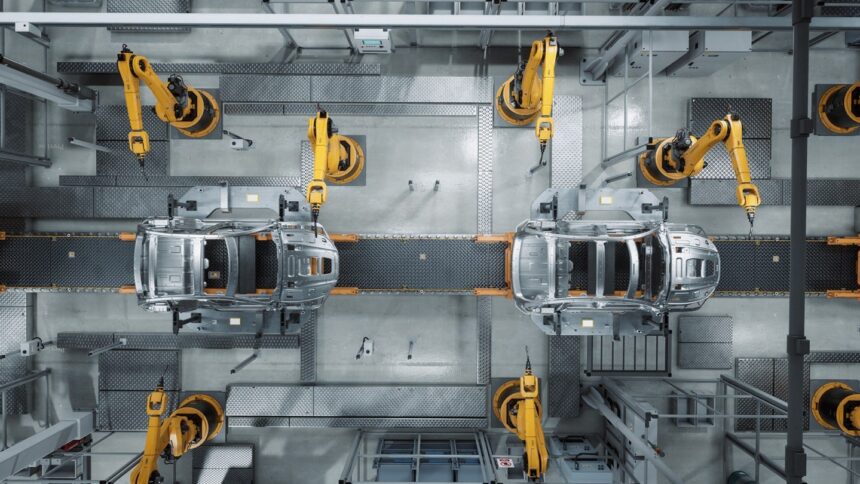Chinese investors and officials are reportedly interested in acquiring German automotive factories, particularly those owned by Volkswagen, as they face closure due to the global economic downturn and the transition to sustainable technologies. This potential move could significantly strengthen China’s presence in the German auto industry.
Volkswagen is currently facing challenges and considering repurposing its factories in Dresden and Osnabrueck as part of cost-saving measures to streamline operations. Despite declining sales and competition from Chinese firms, the automaker has faced opposition from unions in its plant closure plans. However, agreements have been reached to cease production at the Dresden and Osnabrueck sites by 2025 and 2027, respectively.
Chinese EV manufacturers are eyeing the acquisition of German factories to bypass EU tariffs on EV imports from China. Bidders for these facilities could include private firms, state-owned entities, or partnerships with international companies. The Chinese government’s approval of overseas investments will play a crucial role in determining the outcome, potentially considering the stance of the newly elected German government on China.
Volkswagen has expressed openness to selling its Osnabrueck facility to a Chinese buyer to ensure continued use of the site while taking into account the interests of the company and employees. Selling the factories could be a more cost-effective option for Volkswagen than closing them, with potential sale prices ranging from €100m to €300m for each facility.
Chinese carmakers are actively exploring European locations for new manufacturing plants to avoid tariffs, with companies like BYD and Leapmotor establishing operations in countries like Hungary, Turkey, and Poland. Chery Auto is also set to begin EV production in a former Nissan plant in Spain. Chinese investors have also shown interest in plants in Western Europe, including Ford’s facility in Saarlouis, Germany, and Volkswagen’s Audi plant in Brussels.
The potential acquisition of German automotive factories by Chinese firms could reshape the industry landscape and create new opportunities for collaboration and growth. As the global automotive sector continues to evolve, partnerships between Chinese and German companies could drive innovation and competitiveness in the market.







